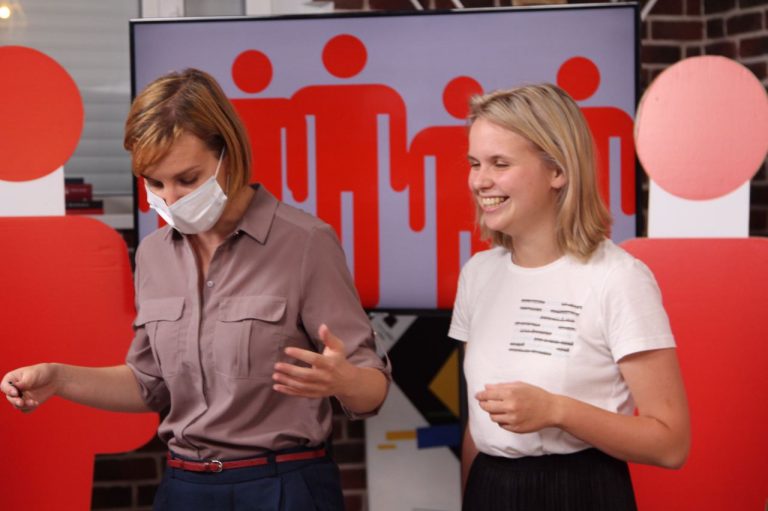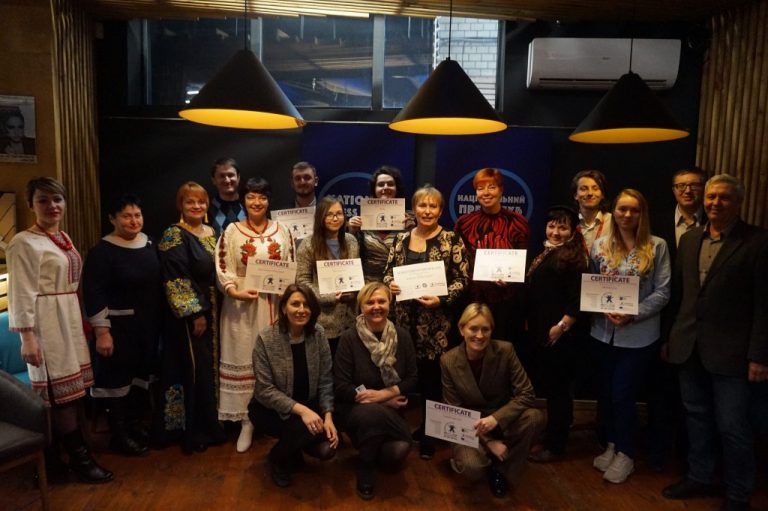The challenges facing the festival community due to the Covid-19 restrictions, what can be done to develop culture during the period of easing and lifting quarantines. This was the focus of the discussion during the May 19 international Zoom-conference “Communication and Culture in Times of Global Threats”.
The discussion was attended by Kathrin Deventer, Secretary General of the European Festivals Association (EFA), representatives of European festivals, Ukrainian EFA members, and Ukrainian media.
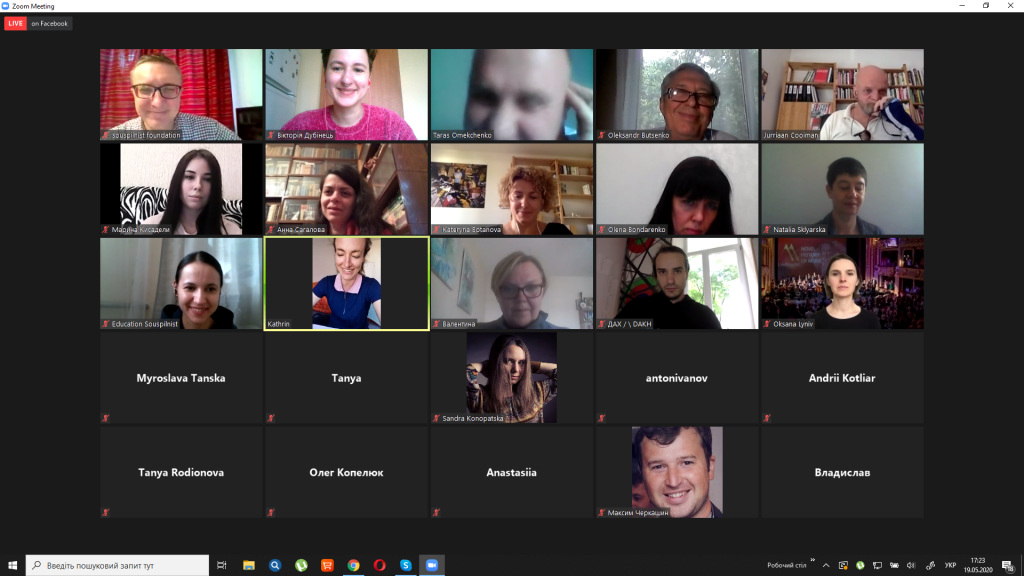
Souspilnist Foundation has prepared speech snippets of five guests.
Jurriaan Cooiman, head of Culturescapes (Switzerland), EFA member
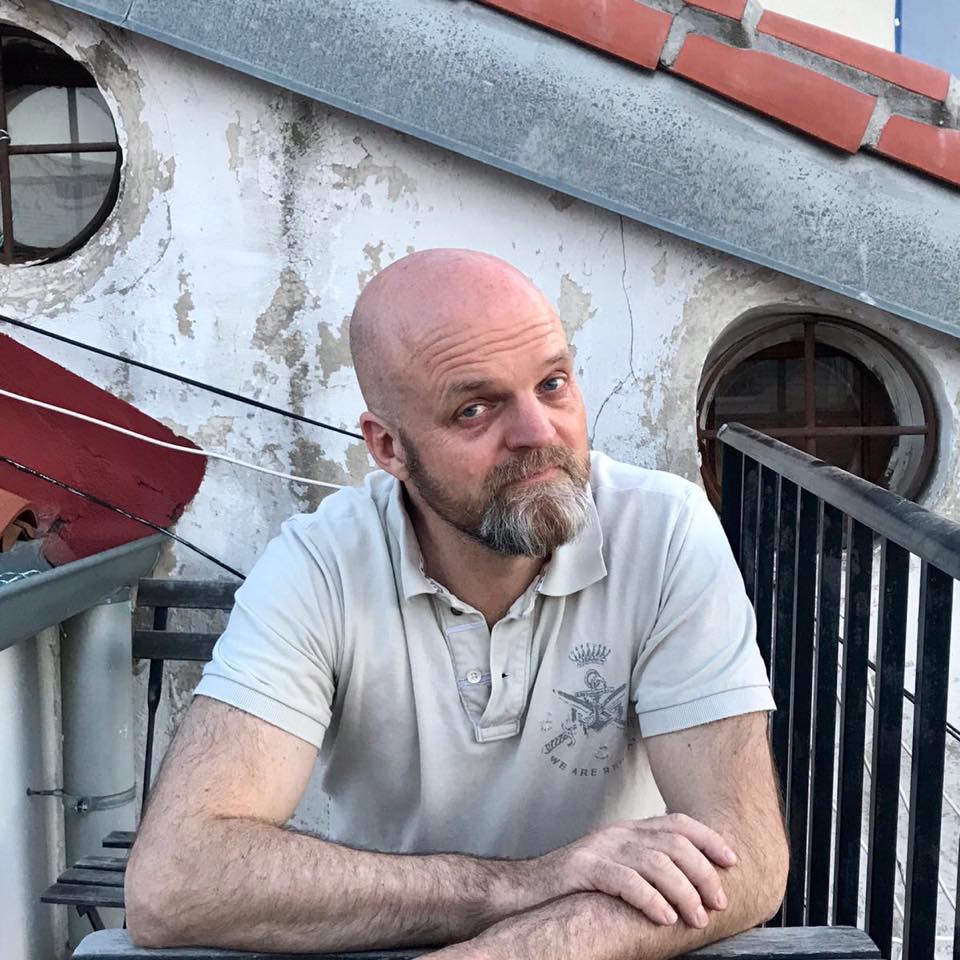
The pandemic has changed the cultural life of every European country. We know what it was like before the coronavirus, we are now in the middle of our fight against the coronavirus, and we do not know for sure what it will be like after the coronavirus.
Cultural life is on hold. In Switzerland, museums will open only in 10 days. In Germany and the Netherlands, the cultural life is coming back more slowly, but, unlike Ukraine, the cultural sector in the Netherlands, Switzerland, France, and Germany receives government assistance.
Of course, due to the coronavirus situation, many festivals had to be postponed. A very important question arising today is how the festivals will be held in the future. It is feared that there will be some loss of audience. The situation calls for new challenges, solutions and visions of the festivals’ future.
Kathrin Deventer, EFA Secretary General
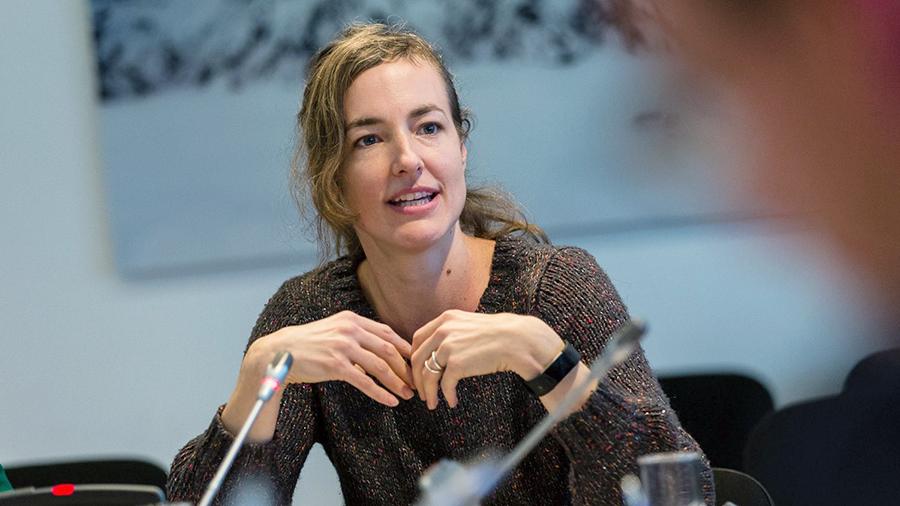
Europe has also taken the pandemic situation seriously. A lot of festivals closed in March, followed by the closing of the festivals in June-July, and in some countries, even those ones scheduled to take place in September have been canceled.
After the initial period of shock, many festivals have begun to think about coming up with alternative programs: going online, shorter festival dates, or moving the program to the next year.
The crisis provides an opportunity to find new solutions, and the Association is developing a new festival philosophy. Engaging civil society is very important at this stage, so as not to lose touch and bring important issues to be discussed at the state level.
Andriy Palatnyi, HoholFest curator
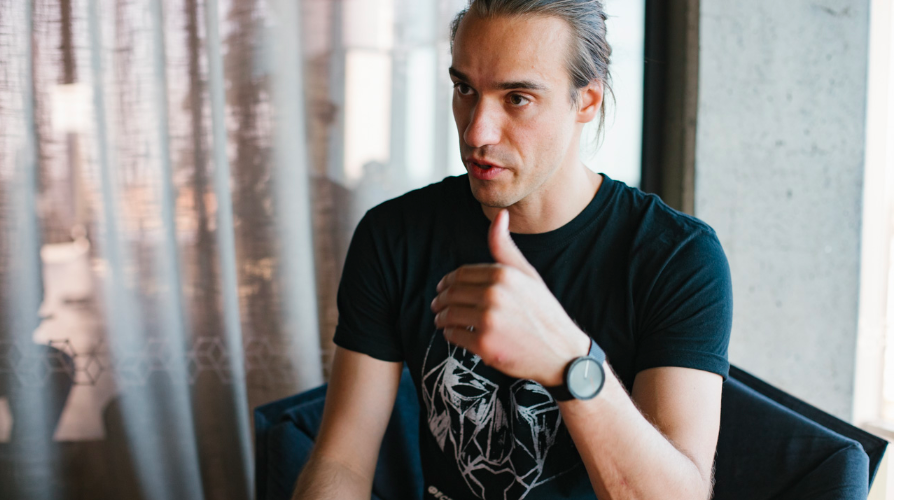
The pandemic presents a serious challenge for all cultural players, including those engaging in festival activity.
During the 8 weeks of quarantine, we have actually achieved some very interesting results. We faced the question of survival because the whole construction of the planned events was suspended 8 weeks ago.
The theater has put its activities on hold, but, on the basis of HoholFest, we opened a digital laboratory for finding digital solutions for cultural products. We have released about 8 different technological solutions and we will make a presentation jointly with our European colleagues in the near future.
Yes, there is now such a thing as a Zoom-theater, Zoom-festival, and we could discuss at length whether it is good or bad. But we are actually talking about an intersection of online and offline events as a certain synthesis of energy not contradicting one another. Of course, we will all go offline when it is possible again, but that newly created context is already in demand, with very interesting events transpiring around it.
Oksana Lyniv, Chief Conductor of the Graz Opera and Philharmonic Orchestra, Austria, founder and art director of the LvivMozArt festival, founder, conductor and artistic director of the Youth Symphony Orchestra of Ukraine / YsOU
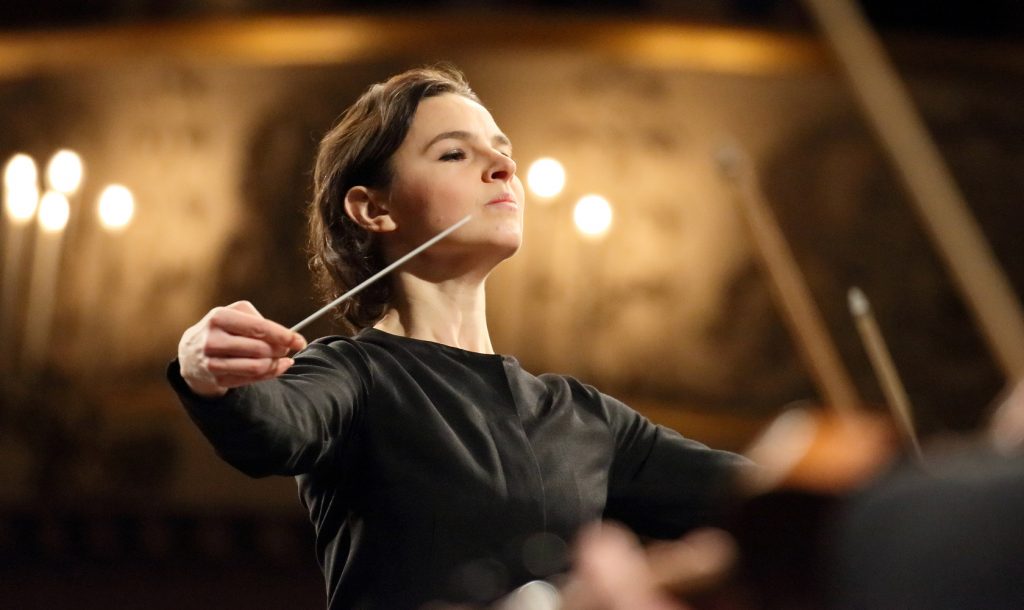
We will move LvivMozArt to 2021. There are too many risks this year concerning our being able to hold an international festival of classical music at appropriate level.
LvivMozArt had announced the performance of 7 visiting orchestras, including from abroad. Freiburger Barockorchester from Germany – one of the most famous in Europe – and the Styrian Youth Orchestra from Austria (60 children) were to come to Lviv for the first time. It is clear that such announcements cannot be made in the situation of current health hazards. Also, in order to arrange the artists’ trips, one needs to be sure about proper logistics, that is we should be able to book all flights at least two months in advance. All this makes it impossible for the festival to be held in 2020, although we were about to start selling tickets. I feel sorry for the concept we created – its design, development, and texts – we will move it all to 2021, slightly adapted.
The Youth Symphony Orchestra of Ukraine / YsOU was supposed to tour 20 cities this year, but this is not possible at the moment either.
As for Austria, everyone is in quarantine here, but starting from June 1, we are allowed to play concerts for up to 100 people, from July for 250 listeners, and from August for up to one thousand. The largest Austrian festivals – Bregenz and Salzburg – are to take place, but with a modified program. The most difficult thing is that according to the new rules, wind instruments should be at least two meters away from each other. Not every stage has a big enough size to accommodate an orchestra like that.
In Germany, large events are officially banned until August 31, but it is also not quite clear what a “large event” is. Is it 500 people, a thousand, two thousand, three thousand? Some of the largest theaters have completed their seasons and gone on vacation simply because it is not profitable for them to open, but some orchestras are revamping their programs.
Maksym Cherkashyn, co-organizer of the Fayne Misto (Fine City) festival

We are in the same boat with others. We recently joined the “Stop Cultural Quarantine” project for our voice to be heard, and today we are following the preparation and adoption of bill 3377 aimed at supporting creative industries (but, in truth, we are not really happy about what is going on).
We are trying to find some new format, because our festival cannot be held online. People come for good emotions, they seek a personal connection, some kind of drive, and unfortunately or fortunately, we will not be able to offer anything to our visitors online. That’s why we are already preparing a five-day event for 2021.
The event was held by Souspilnist Foundation, the National Press Club of Ukraine jointly with the Development Center Democracy through Culture – the EFFE hub in Ukraine, and the EFA Secretariat.
You can watch the conference here::
Photo: Culturescapes FB page, open sources
